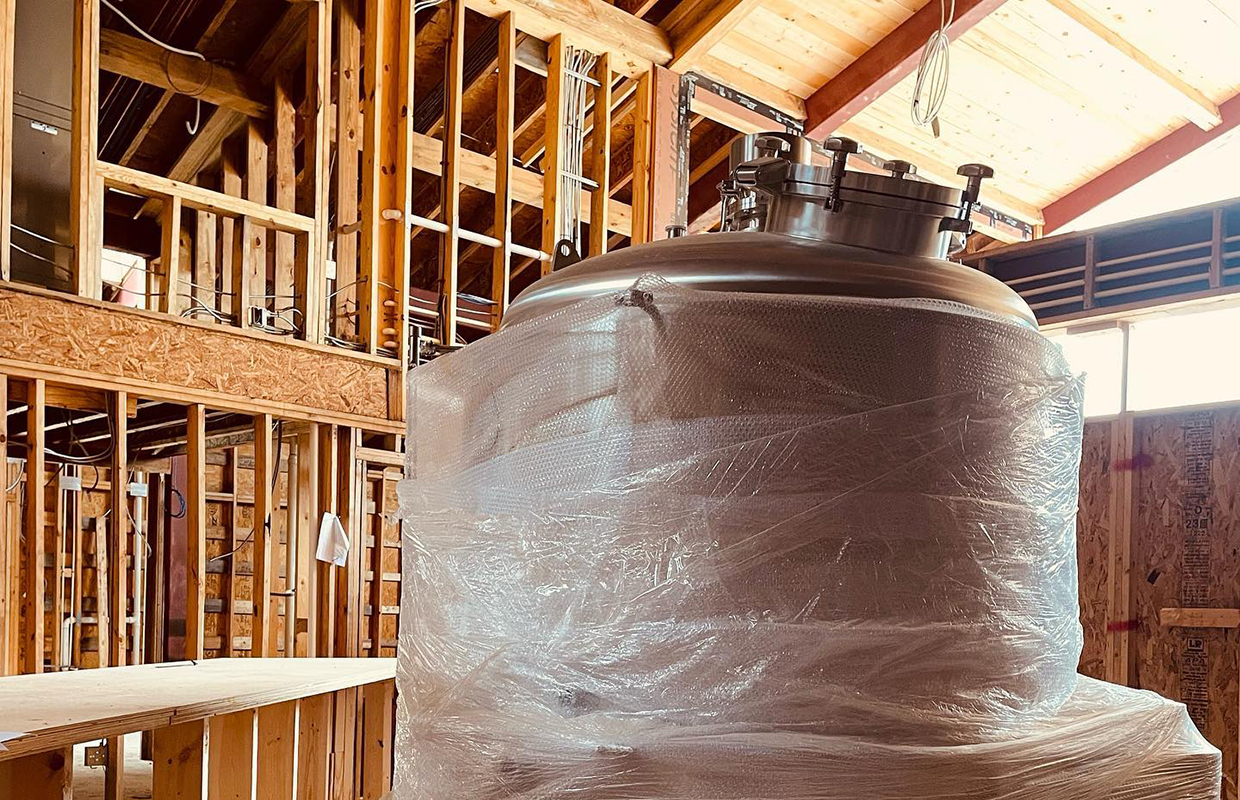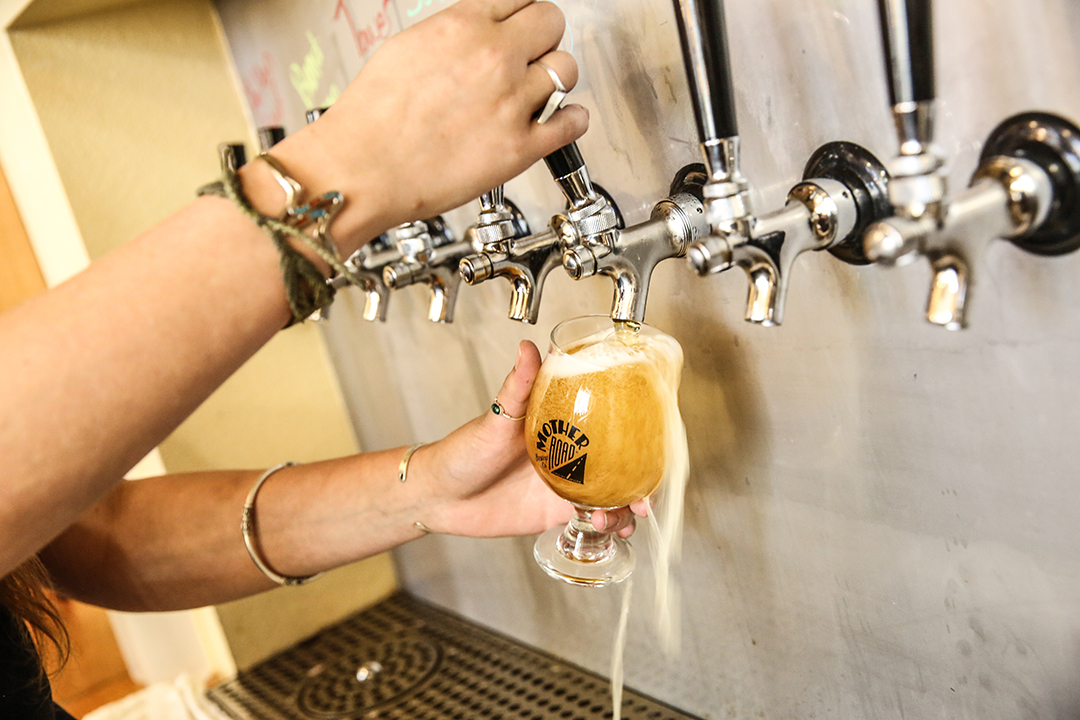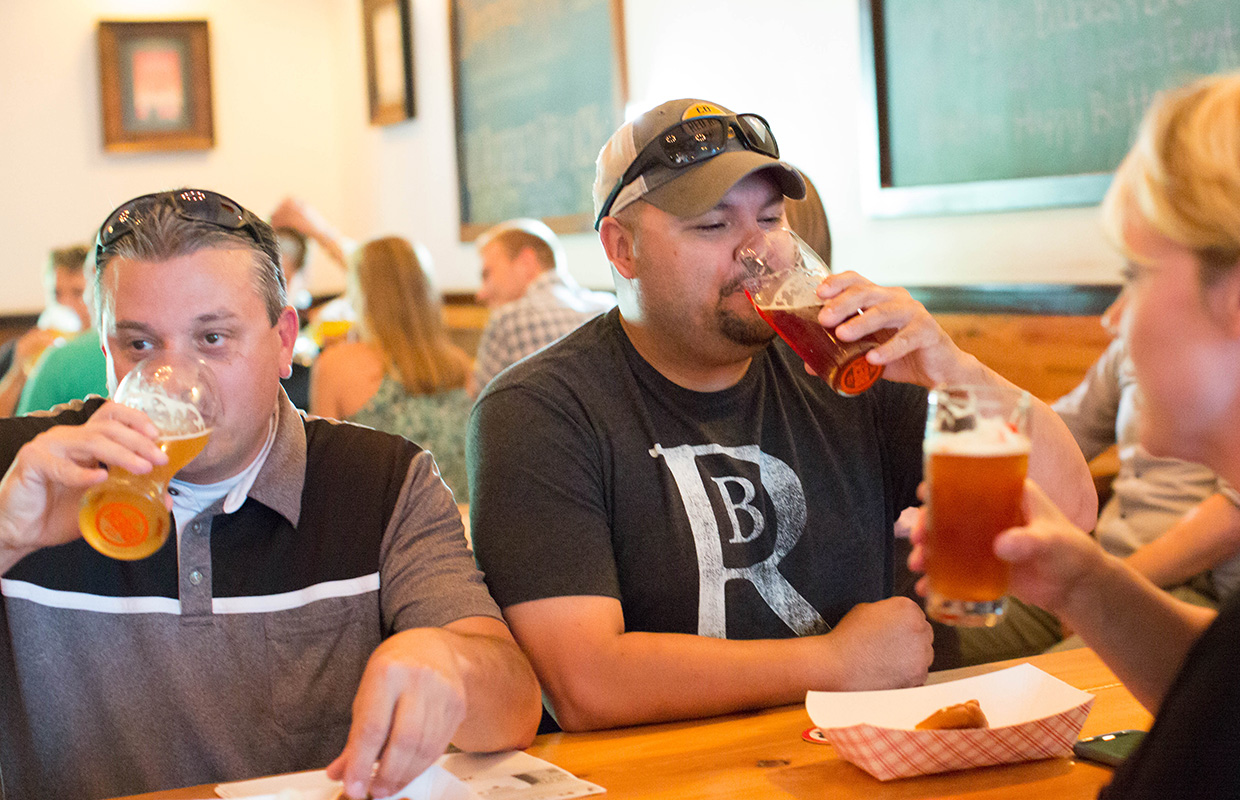
What type of licensing and regulations does a craft brewery need to follow? If you are a brewing in planning, you may be in for a shock at the amount of paperwork that you need to have done before the first bag of grain is cracked open.
Your brewery is subject to a number of federal, state, and local regulations and licensing requirements. Here are some of the most common ones:
- Federal Alcohol and Tobacco Tax and Trade Bureau (TTB) License: All breweries must obtain a Brewer’s Notice from the TTB before they can legally produce and sell alcohol. This license authorizes the brewery to operate as a brewer and pay federal excise taxes on their products. READ MORE: Some Challenges To Ponder In Opening A New Brewery
- State Brewery License: In addition to the TTB license, you must obtain a state brewery license. The requirements for this license vary from state to state and may include paying fees, obtaining a bond, and passing inspections. In some states, breweries must also obtain an ABC license in order to sell their products directly to consumers. This license may require payment of fees, passing inspections, and completing other requirements. READ MORE: New Law in California to Allow Breweries to Streamline Onsite Production of Cider, Perry
- Local Permits: You may also be subject to local permits, such as building permits and occupancy permits, in order to operate within their city or town. READ MORE: Test Kitchen: Local Collaborations
- Health and Safety Regulations: Breweries must comply with a range of health and safety regulations, such as those related to food handling, waste management, and employee safety. READ MORE: How to Prepare for Your Brewery’s Health Inspection
- Environmental Regulations: You must also comply with environmental regulations, such as those related to water and air pollution. READ MORE: Managing Wastewater Through Growth
- Label Approval: The TTB must approve all labels for beer products before they can be sold. This approval process ensures that the labels meet federal standards for alcohol content, health warnings, and other required information. READ MORE: What to Look for When Adding Cartons to Packaging Needs
It is important for any brewery owner to familiarize themselves with the licensing and regulation requirements in their local and state area, as well as to stay up-to-date on any changes to these requirements. Failure to comply with licensing and regulation requirements can result in fines, legal penalties, and the loss of the brewery’s ability to produce and sell beer.
Photo courtesy Beale Brewing





Be the first to comment